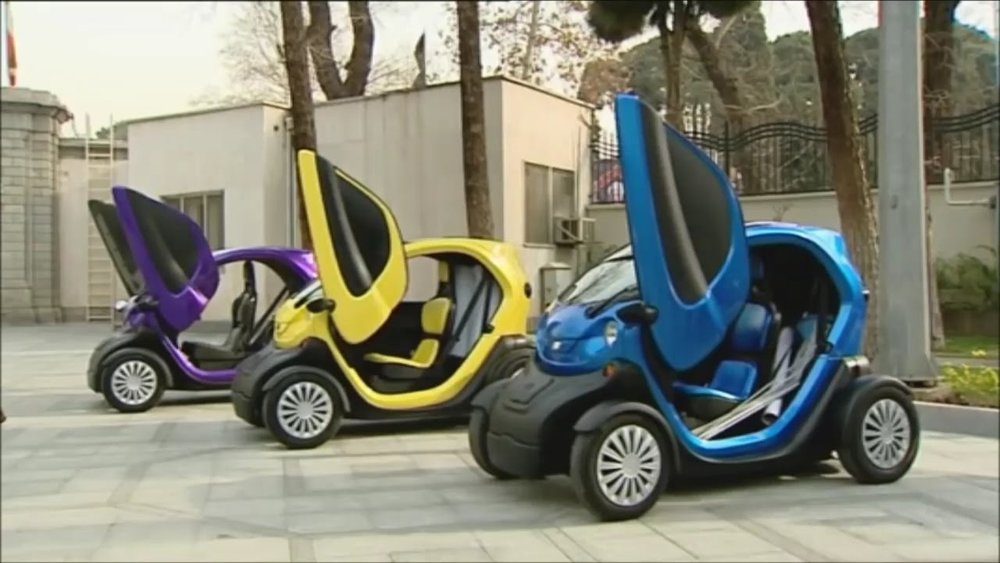Iranian-made electric car ‘Yooz’ leads the way for pilot production

TEHRAN – The first electric-powered car developed domestically by a knowledge-based company is now in pilot production stage.
Dubbed ‘Yooz’, meaning Panther, the manufacturing of the two-seater car began in the Iranian calendar year 1394 (March 2015-March 2016) and it was unveiled on January 18, 2017 concurrent with the national clean air day.
The two-seater model of electric car is not defined in Iran’s traffic law. This has led to problems for issuing license plates for these cars, the director of the knowledge-based company, Hossein Ziarati, said.
However the problem is solved with help of vice presidency for science and technology and related organizations, he explained.
A total of 100 cars is manufacturing in pilot production stage, which will be completed until midyear of 1398 (about late September 2019) and the process of pricing and final assessments until the yearend (March 20, 2020), he explained.
He pointed to the crucial role of electric car in decreasing air pollution due to their engine size and their small feature.
“We have already conducted some negotiations with other countries in southern America, northern Asia and southern Persian Gulf for further cooperation after mass production in Iran,” he announced.
Electric car promising clean air
Choking air pollution troubling citizens in metropolises has urged the need to develop ecofriendly and green transport as a replacement for old, high emission transport system known as the main cause of severe air pollution.
However, swapping the old vehicles for newer and greener models bear high costs and entails abundant resources and strong infrastructure.
In November 2017, the Iranian Tax Administration has exempted domestically manufactured hybrid and electric vehicles from value added tax (VAT).
As per the clean air law, adopted by the Iranian parliament on July 16, 2017, all homegrown, ecofriendly, zero-emission hybrid and electric cars and motorcycles are subjected to exemption from tax, Mohammad Masihi, an official with the tax administration said.
Direct emissions are emitted through the tailpipe, through evaporation from the fuel system, and during the fueling process. Direct emissions include smog-forming pollutants (such as nitrogen oxides), other pollutants harmful to human health, and greenhouse gases, primarily carbon dioxide. All-electric vehicles produce zero direct emissions, which specifically helps improve air quality in urban areas.
SB/MG
